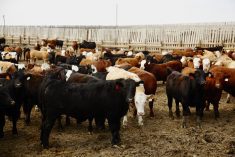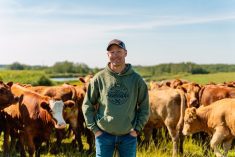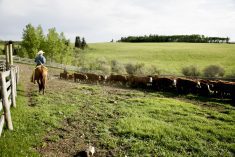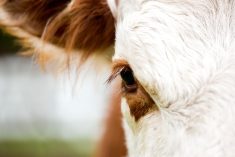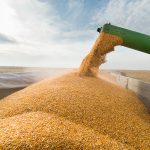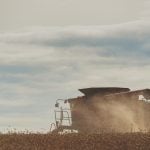The dust has now settled on Parliament Hill and it’s time to look ahead to the future of our industry. Later in November, we look forward to Prime Minister Justin Trudeau’s cabinet being sworn in, so we can get to work and focus on Canada’s beef sector priorities. As an organization, the Canadian Cattlemen’s Association (CCA) does not take political sides and works with the government of the day to advance the interests of Canadian beef producers. Thankfully, the work that has been done by our dedicated staff and elected officials has us well-positioned to do just that.
Read Also
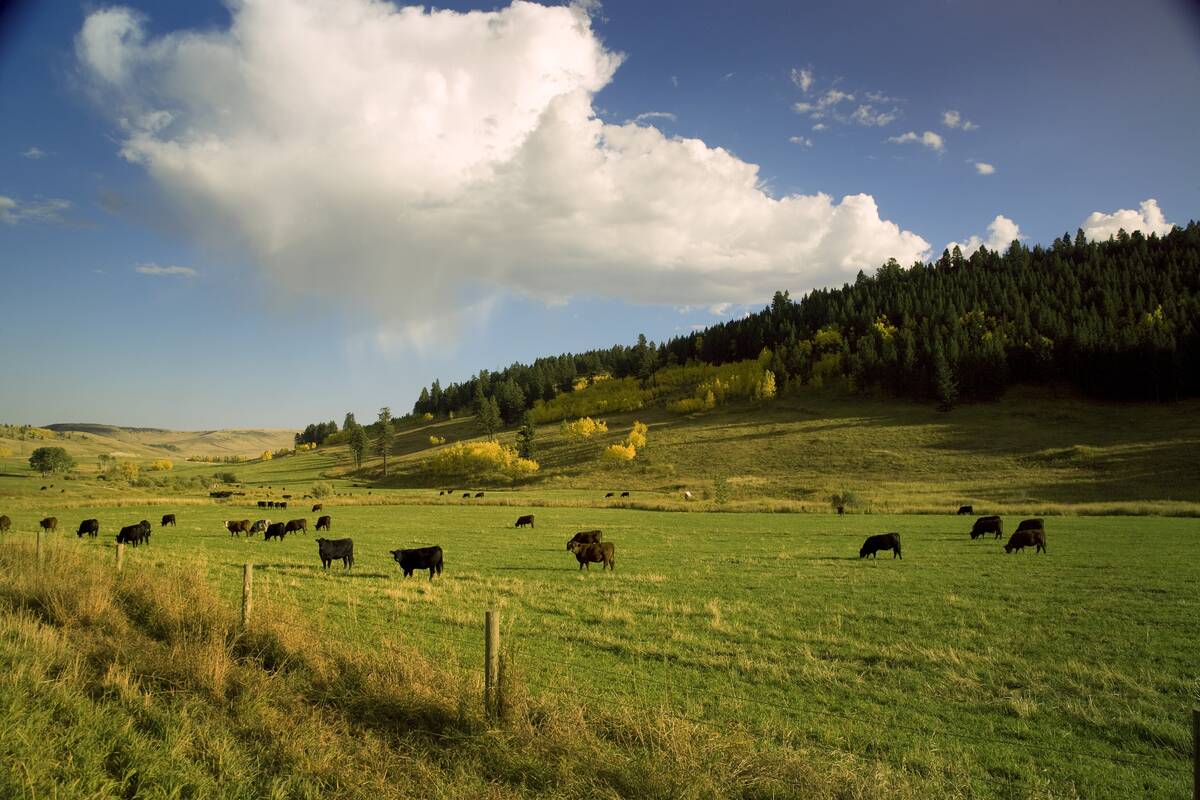
The Canadian Cattle Association’s international advocacy efforts
Global ag policies affect Canadian food policy, so the Canadian Cattle Association participates in international and domestic forums
With the creation of a food policy committee, CCA now has the resources to effectively participate in the growing discussion around food and food policy in Canada. Prior to the election, CCA met with Agriculture and Agri-Food Canada’s (AAFC) policy and public trust division to build relationships and lay the groundwork as the food policy discussion continues to develop.
Post-election, we are transitioning back into a consulting role with government. The government of Canada’s food policy includes Canada’s Food Guide and Healthy Eating Strategy, as well as front-of-pack labelling. CCA will ensure government is familiar with our policy positions and will look for opportunities to deepen this understanding, including through government-industry working groups and educational tours to learn more about our sector. We share the common goal of safe, sustainable, affordable food for Canadians, while reducing waste, and know that the Canadian beef sector plays a key role in that equation.
Prior to the election, the federal government also put out requests for various appointments including to the Nutritional Science Advisory Committee and Canada’s Food Policy Advisory Council. CCA participated in both processes and we are hopeful the government will choose a well-balanced committee with different perspectives, including from Canada’s beef sector. In September, the Canadian Food Inspection Agency (CFIA) had a food modernization labelling consultation, which CCA contributed to. We ensured our policies were reflected in the consultation regarding labelling as well as alternative proteins.
As many in the industry are aware, the conversation around alternative proteins has become an important topic, and CCA has been actively engaged in both government and public spheres. While market competition is something we cannot (and do not want to) control, we can ensure a level playing field. When alternative proteins are mislabelled or marketed using inaccurate claims, the consumer may be misled. CCA supports the current CFIA definition of meat as “animal-derived product,” which clearly identifies the product so as to not mislead consumers.
The environment is now being included in the food policy discussion. CCA believes that the environmental sustainability and healthfulness of beef in the Canadian context must be both recognized and communicated. The topic of environment is slowly intertwining with health and food — we see it at both the consumer and government level. As a positive development in the food policy, Agriculture and Agri-Food Canada is now responsible for environmental policy decisions that could have an impact on primary agriculture producers and will ensure producers are a part of the discussion so as to avoid unintended consequences for our sector. We saw the environment reflected in Canada’s Food Guide, and we can expect this sentiment to continue, both in food policy and in other policy areas across departments.
The government of Canada is a signatory to the Paris Agreement under the United Nations Framework Convention on Climate Change. The CCA continues to monitor the federal government, and specifically Environment and Climate Change Canada (ECCC), for any potential policy directions related to climate change that could negatively affect our industry. In its submission to the ECCC’s Federal Sustainable Development Strategy for Canada, the CCA called for support for the development and implementation of tools that incentivize GHG emissions reductions. The CCA does not support strategies that add costs to food production or have a negative impact on the Canadian beef industry’s competitiveness. The CCA also asks the government to focus on supporting the development of sound scientific research and extension and ensure the public has science-based information regarding beef production in the Canadian context.
The CCA has updated its Beef Industry Strategies for Reducing Greenhouse Gases document, which can be found on the CCA website. The CCA has a policy to encourage the development of ecological goods and services incentives-based programs. As part of that policy, we have supported funding applications for several projects related to the potential to recognize carbon sequestered on the 44 million acres of native grasslands and pasture lands managed by beef producers across Canada. The environmental value of the lands under the stewardship of Canadian beef producers must be recognized, and we hope that by supporting these projects, these lands will remain intact and in the hands of expert producers for generations to come.
In the coming months, we will be setting up meetings with parliamentarians from all parties as soon as possible to make progress on issues that matter to beef producers. There is much work to do, and there are many opportunities for our industry to continue to thrive.



